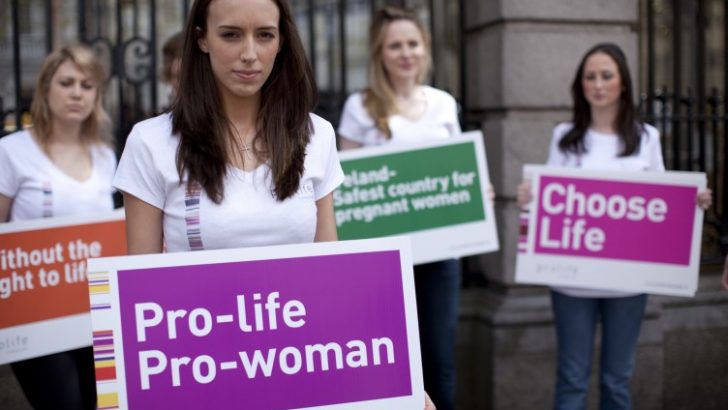The rights of religious organisations working in the areas of marriage, education and health are under threat because of “equality legislation that does not recognise the right to protect religious ethos”, Bishop Kevin Doran has said.
The Bishop of Elphin made the remark in a talk called ‘How should a Catholic think about politics?’ that was delivered at an Iona Institute event in Sligo on Tuesday.
Bishop Doran also said he found it “very difficult to see how any Catholic could, in good conscience, vote for a candidate or a political party whose policy it is to legalise abortion”.
Freedom
On the matter of religious freedom, he said that there is a “need to protect the space for faith values and faith-based social action”.
He continued: “Christian communities and organisations have a long tradition of being present where society is broken”, but there is a “growing concern that this valuable perspective and experience is being marginalised and devalued, because of political opposition to our values in key areas such as marriage, health and education.”
Admissions
Bishop Doran did not give examples but Catholic hospitals have been told they must perform abortions under the terms of the 2013 ‘Protection of Life During Pregnancy Act’.
Politicians have challenged the admissions policy, the employment policy and the ethos of faith schools and it is still unclear whether or not Church marriage counselling organisations like Accord will have to extend their services to same-sex couples.
Bishop Doran said that faith-based organisations are facing huge demand for their services but are “seeing their public funding come under threat as a result of equality legislation that does not recognise the right to protect religious ethos”.
If this right is not recognised, he stated, “many Christian organisations, deprived of public funding, may no longer be in a position to offer support to some of the most vulnerable members of our society”.


 Greg Daly
Greg Daly
